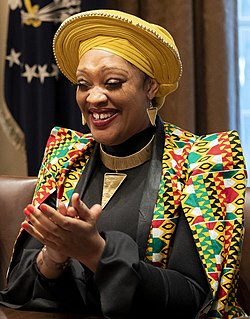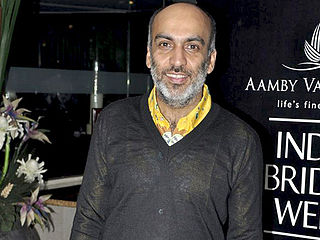A Quote by Angela Stanton-King
Every time you hear that the majority of Democratic candidates go on stage, they say poor women of color need access to abortion. I was born to a poor woman of color. I was a poor woman of color when I gave birth to my children. Who's to say that their lives are worth any less than others?
Related Quotes
The poor, and especially poor people of color, don't have the luxury of raising 'free-range' children without risking severe consequences. Parents of color don't receive a visit and a warning if their children are found playing alone; they are immediately blamed and far more likely to be arrested or lose custody of their children.
What I wanted to do was put a woman of color, front and center, in my movie combining a lot of themes that were relevant to both men and women. I actively wanted her to carry the weight of this movie because I'm a woman. And I actively wanted to explore many of the issues that affected her as a woman of color. That was very important to me. And although these issues affect some women of color, I don't think they're only of interest to women of color. They're of universal interest.
It is an absolute impossibility in this society to reversely sexually objectify heterosexual men, just as it is impossible for a poor person of color to be a racist. Such extreme prejudice must be accompanied by the power of society's approval and legislation. While women and poor people of color may become intolerant, personally abusive, even hateful, they do not have enough power to be racist or sexist.
It is easy to say that there are the rich and the poor, and so something should be done. But in history, there are always the rich and the poor. If the poor were not as poor, we would still call them the poor. I mean, whoever has less can be called the poor. You will always have the 10% that have less and the 10% that have the most.
For many years, I have been moved by the blue at the far edge of what can be seen, that color of horizons, of remote mountain ranges, of anything far away. The color of that distance is the color of an emotion, the color of solitude and of desire, the color of there seen from here, the color of where you are not. And the color of where you can never go.
The first decade of the twentieth century was not a great time to be born black and poor and female in St. Louis, Missouri, but Vivian Baxter was born black and poor, to black and poor parents. Later she would grow up and be called beautiful. As a grown woman she would be known as the butter-colored lady with the blowback hair.



































